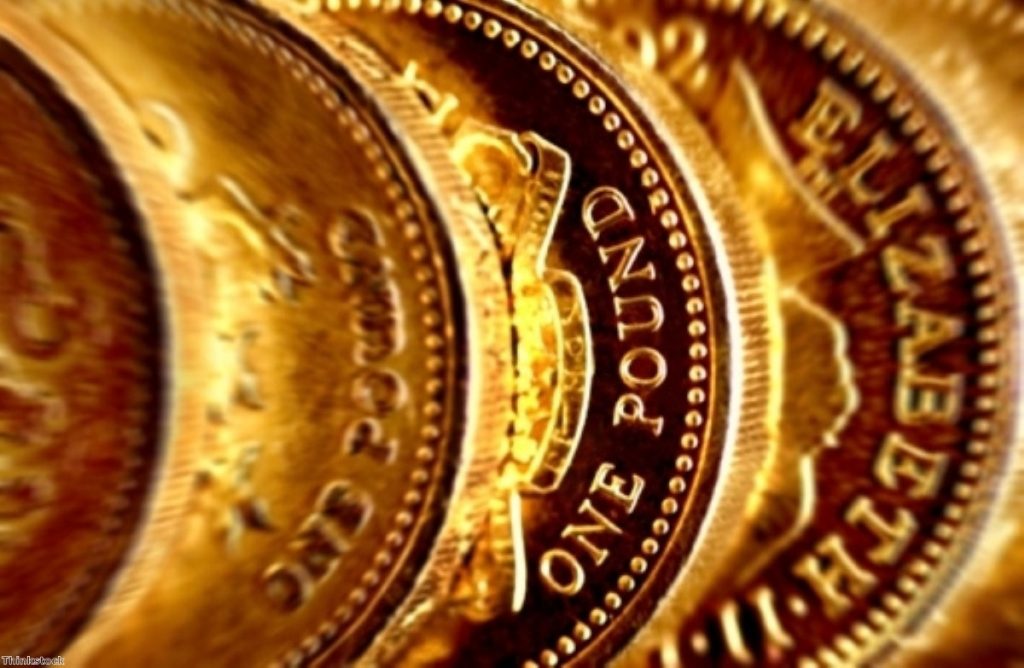Taking a pounding: Osborne batters Scotland’s currency union hopes
Britain and Scotland's finance chiefs went to war on the airwaves this morning over whether an independent Scotland would be able to maintain the pound.
The SNP's finance minister John Swinney threatened Britain with being forced to take on Scotland's £123 billion share of the national debt if the UK refused to let a newly independent Scotland continue with the pound.
Chancellor George Osborne refused to confirm whether that would be the case, but hinted Scotland could be forced to take on a greater share of Britain's national debt because it would have a higher deficit than the rest of the UK.
Their clash followed the publication of a Treasury report casting doubt on the ease with which Scotland could join a euro-style currency union.


Memories of the traumatic European monetary union disaster of 1992, suspicions that an independent Scotland would face higher funding costs and more constrained market conditions are behind the renewed hostility to a currency union.
"I think it's unlikely it could be made to work and therefore if Scotland wants to keep the pound the best way to do that is to stay in the United Kingdom," Osborne told the Today programme.
"I think Scotland would have some choices. It could either join the euro, or Scotland could set up its own currency. That's what lots of countries do, of course. Or they could use the pound without our consent. Or they could try and negotiate with the remaining part of the United Kingdom.
"It's not clear it would be in the interests of the rest of the United Kingdom to enter into a euro-style currency zone."
Earlier, Swinney made clear the SNP no longer wanted Scotland to join the euro, accused Osborne of "playing with fire" over the debt issue and accused London of playing politics by releasing its report now.
"What we're interested in is a rational and considered discussion," he said on the same programme.
"What we contribute is very significant to the UK economy… what the Treasury paper is designed to do is make it sound as difficult as possible."
Osborne pointed out 30% of Scotland's exports go to the rest of the UK, whereas just five per cent of England, Wales and Northern Ireland's exports go to Scotland.
"The SNP is trying to pretend to everyone this is straightforward," he said.
"They're trying to make independence an easy step, when in fact it's a very difficult step."
The Scottish independence referendum, in which voters north of the border will be asked "should Scotland be an independent country?", will take place on September 18th 2014.









